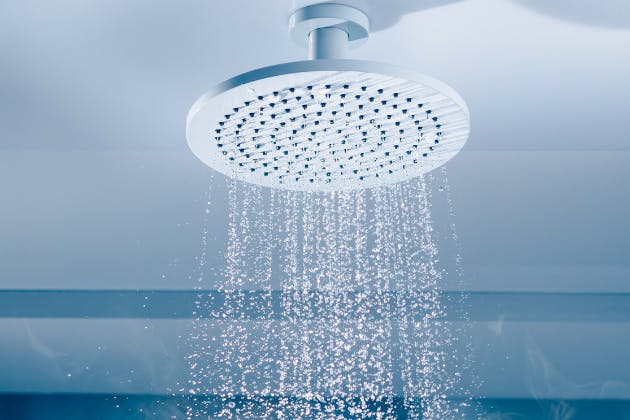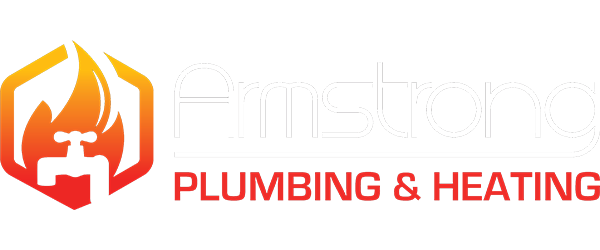Discovering you have no hot water can be a frustrating experience, particularly on a cold morning or when you're rushing to get ready. This common household issue can stem from various sources, ranging from simple boiler settings to more complex problems with your heating system.

Initial Checks
Understanding the potential causes and knowing what to check can save you time, money, and the discomfort of cold showers. From examining your boiler's functionality to identifying potential leaks or frozen pipes, we'll cover all the crucial aspects you need to consider when faced with a lack of hot water.
Is Your Boiler Working?
Before delving into complex issues, ensure your boiler is functioning. Check the display panel for any error codes or warning lights. These often provide valuable clues about the underlying problem. Next, examine the pressure gauge. Most boilers operate optimally between 1 and 1.5 bars. If the pressure is outside this range, it could explain the lack of hot water.
Don't overlook the basics. Verify that there's no power cut affecting your home. If your boiler uses batteries for its timer, ensure these haven't failed. A simple battery replacement could resolve the issue.
Check Boiler Settings
Incorrect settings are a common culprit for hot water issues. Verify your thermostat settings. It should be set to a temperature that triggers the boiler to heat water. Typically, this is around 60°C. Also, check your programmer settings. Ensure that hot water is set to come on for sufficient periods throughout the day.
Check Water Pressure
Low water pressure can prevent your boiler from functioning correctly. Locate the pressure gauge on your boiler. If it's below 1 bar, you'll need to repressurise the system. To do this, locate the filling loop (usually a silver flexi hose with two valves) and open both valves. Allow water to enter the system until the pressure reaches 1.5 bars, then close the valves.
Detecting Water Leaks
Water leaks can cause pressure drops and affect your hot water supply. Look for damp patches around your boiler, pipes, and radiators. Pay attention to your boiler's pressure gauge; if it frequently drops, this could indicate a leak. However, avoid opening the boiler cover to investigate further, as this should only be done by a qualified professional.
Frozen Pipes
During cold snaps, pipes can freeze, particularly in unheated areas like lofts or external walls. Signs of frozen pipes include no hot water during very low temperatures and visible frost on exposed pipes. To thaw frozen pipes, apply gentle heat using a hairdryer or hot water bottle. Never use open flames or aggressive heat sources.
Radiator Problems
If your radiators have cold spots, especially at the top, this could indicate trapped air or sludge build-up. Bleeding your radiators can resolve airlock issues. However, if the problem persists, you may need a system Powerflush. This professional service removes debris and sludge from your heating system, improving efficiency and potentially resolving hot water issues.
Additional Checks
Oil Levels (if applicable)
For those with oil-fired boilers, check your oil tank levels. If you're running low on oil, your boiler won't be able to heat water effectively. Arrange a refill if necessary.
Boiler Age and Efficiency
Consider the age of your boiler. Older models become less efficient over time and may struggle to meet your hot water demands. If your boiler is over 10 years old, it might be time to consider an upgrade. Modern condensing boilers are significantly more efficient, potentially saving you money on energy bills in the long run.
Safety Precautions
While it's important to conduct these checks, never attempt to repair boiler faults yourself. Boilers are complex and potentially dangerous appliances. Always contact a Gas Safe registered engineer for any repairs or maintenance beyond the basic checks outlined here. Attempting DIY repairs can void your warranty and, more importantly, put your safety at risk.
No hot water? Here are some of our frequently asked questions
What are the most common reasons for no hot water?
The most common reasons include boiler malfunctions, incorrect settings, diverter valve issues, low water pressure, frozen pipes, and radiator problems. Always start by checking if your boiler is working and ensure its settings are correct.
How can I check if my boiler is working properly?
Examine the boiler's display panel for error codes, check the pressure gauge (it should read between 1 and 1.5 bars), and ensure there's no power cut affecting the timer. If you're unsure, consult your boiler's manual or contact a Gas Safe registered engineer.
What should I do if my boiler pressure is too low?
If the pressure is below 1 bar, you'll need to repressurise the boiler. Locate the filling loop (usually a silver braided hose with two valves) and open both valves until the pressure gauge reaches 1.5 bars. Close the valves and check for leaks. If you're uncomfortable with this process, contact a professional.
What are the signs of frozen pipes, and how can I prevent them?
Signs include no hot water during very cold weather, visible frost on exposed pipes, or unusual noises when taps are turned on. To prevent freezing, insulate pipes in unheated areas, keep your heating on low when away, and open cabinet doors to allow warm air to circulate around pipes.
Is it safe to attempt DIY repairs on my boiler?
No, it's not safe to attempt DIY repairs on your boiler. Gas appliances can be dangerous if mishandled. Always contact a Gas Safe registered engineer for any repairs or maintenance beyond basic checks and settings adjustments.
How often should I have my boiler serviced?
You should have your boiler serviced annually by a Gas Safe registered engineer. Regular servicing ensures efficient operation, can prevent breakdowns, and is often required to maintain your warranty.
What's the benefit of upgrading to a more efficient boiler?
Upgrading to a more efficient boiler can significantly reduce your energy bills, decrease your carbon footprint, and provide more reliable heating and hot water. Modern condensing boilers can be up to 94% efficient, compared to older models which may be as low as 70% efficient.
Contact us for boiler repair in York
If you're experiencing a lack of hot water in your home and haven't been able to fix the problem using the checks we've listed above, then please contact us! A member of our team will be more than happy to attend to you as soon as possible to get your hot water supply back up and running.
We provide repair services throughout York, Malton, Wetherby, Knaresborough, Leeds, Selby, Tadcaster, Easingwold and surrounding areas. Call us at 07834 168464 or send us a message using our online contact form!


